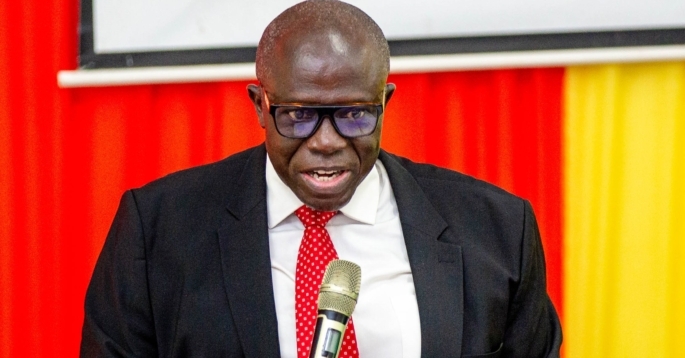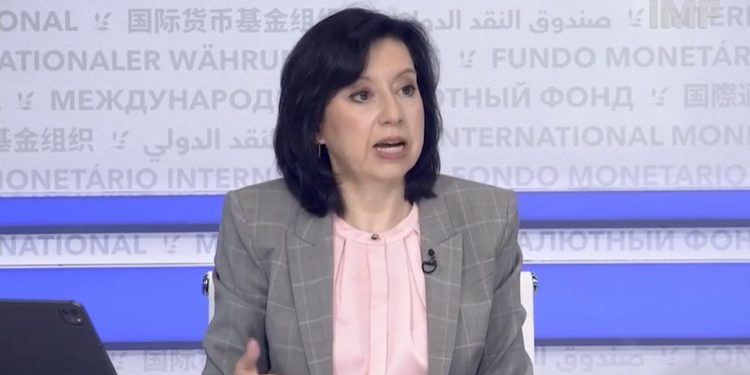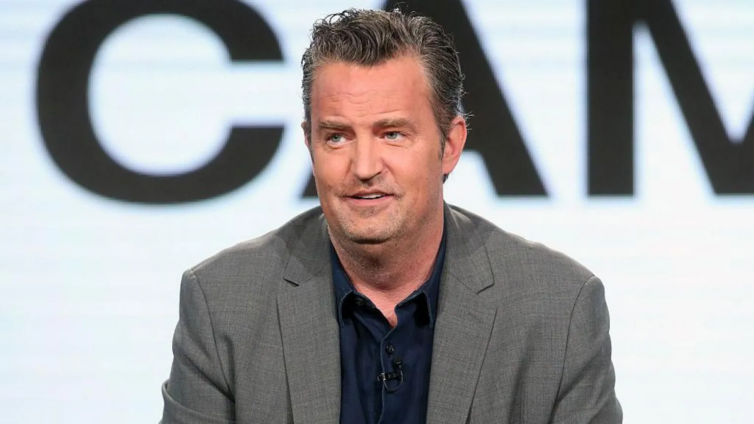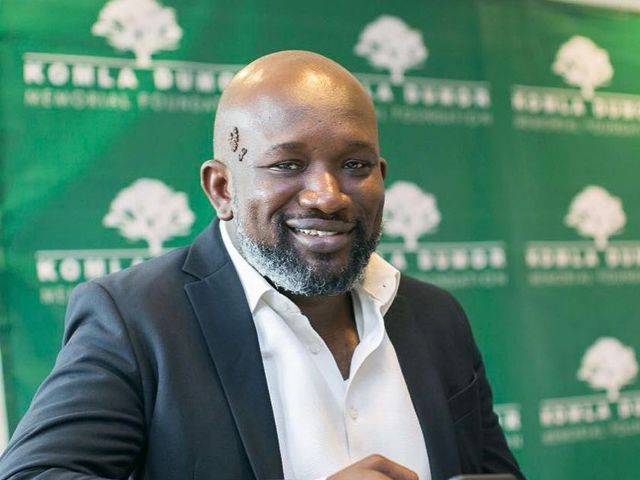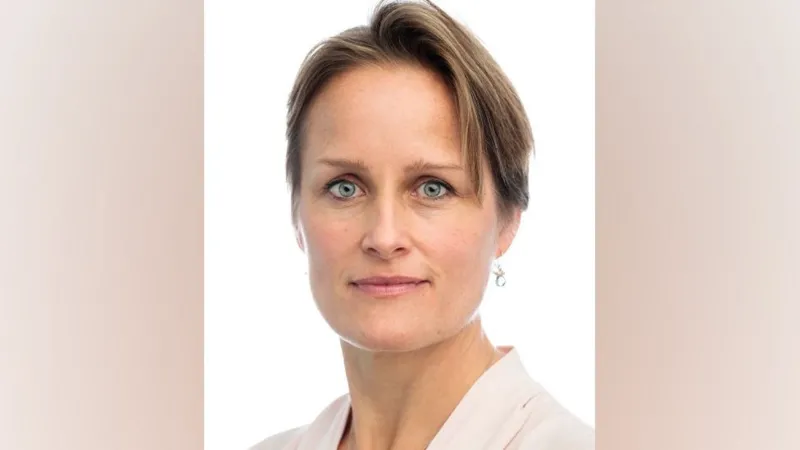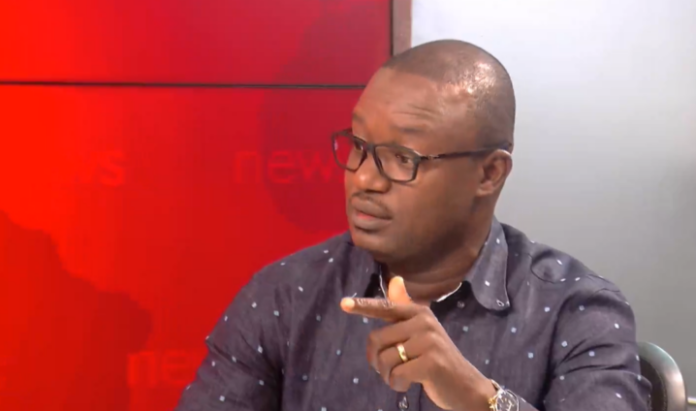Should you ever cut ties with your parents?

Estrangement between parents and their children is surprisingly common – this is what research says about making such a difficult decision.
Sarah first cut ties with her mother just days after her 21st birthday. "I was getting really angry," says Sarah, whose name has been changed to protect her identity. She ended the relationship during a furious phone call.
The fact that her parents had been too busy to celebrate her birthday was one thing. But there was more than that. Sarah was fed up with her mother's coldness, self-absorption and disinterest in her life. She belittled Sarah's education and constantly pressured her to help out on the family farm. Most of all, Sarah was hurt by her mum's failure to protect her from her controlling and sometimes abusive father.
For two or three years, Sarah had no contact with her mother, who also never reached out to Sarah. "It felt quite liberating," recalls Sarah.
However, when she eventually decided to move overseas, Sarah didn't want to leave things on a sour note and got back in touch with her parents. They were unrepentant, acting like nothing had happened, she says, and over the next couple of decades, further periods of estrangement followed.
Many argue that estrangement from family members is on the rise, but the data to support that is hard to find. It is surprisingly common, according to the data that does exist. And the decision to break up with your own parents is a big one.
When, then, is it the right thing to do and is it likely to make us happier, or wiser? Ultimately, what do our parents owe us – and what do we owe them?
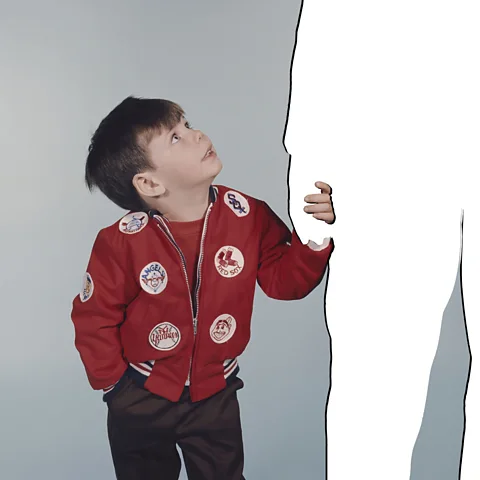 Some researchers believe that changes in the way people think about family may be leading to an increase in periods of estrangement (Credit: Getty Images/ BBC)
Some researchers believe that changes in the way people think about family may be leading to an increase in periods of estrangement (Credit: Getty Images/ BBC)There's relatively little research on estrangement, says Lucy Blake, a senior lecturer in psychology at the University of the West of England and author of No Family is Perfect: A Guide to Embracing the Messy Reality. "It's still taboo," she says. "It's quite a scary topic that people don't want to talk about. They think it's just something that happens to other people."
One study published in 2022 using data from a survey of more than 8,500 people in the US revealed that 26% of them had periods of estrangement from their father and 6% from their mother during a 24 year period. This included some people who still saw their parents on occasion. A similar study of 10,200 people in Germany found 9% of those who responded had experienced estrangement from their mothers and 20% from their fathers across a 13 year period.
In another US survey of 1,340 people detailed in a book published in 2020, sociologist Karl Pillemer of Cornell University says he found that 10% were currently completely estranged from a parent or a child – having no contact at all.
But as there is no data following up with people who have been estranged over long periods of time, it is hard to know whether this phenomenon is becoming more common. Some researchers like Pillemer, however, believe it is.
"In the generations prior to the baby boomers, there was a very strong norm of family solidarity – that blood is thicker than water. Those norms have weakened," says Pillemer, who argues that this is not necessarily a bad thing. New familial norms, such as non-married partnerships and childless couples have become more acceptable over time, too, he notes.
Joshua Coleman, a clinical psychologist who works with estranged families and who has written several books on the topic, agrees. He adds that rising individualism may also drive estrangement.
"The culture of individualism is a preoccupation with one's own self, one's identity, one's own happiness," he argues. "And so our relationships with other people are considered secondary." Studies suggest that older parents in the US are more than twice as likely to have a bad relationship with their children as parents in slightly less individualistic countries such as Israel, Germany and the UK.
Coleman argues this is further amplified by social media. It's becoming easier to find your own tribe of like-minded people online, and many influencers encourage us to cut ties with "toxic" people.
The increasing use of therapists has also played a role, he argues. And not always for the better – some therapists may, for example, "diagnose" family members with psychiatric conditions without even meeting them, after hearing just one side of the story. This, however, flies in the face of ethical rules in the fields of psychiatry and psychology. Coleman says he's met many adult children who have, following therapy, accused a parent of being toxic, narcissistic or having borderline personality disorder.
That doesn't mean that cutting ties is necessarily a bad decision. Many people have very good reasons to do so, particularly those who've suffered childhood abuse, says Pillemer. "There should be no social stigma about it," he says. Coleman adds that the same may be true if your parents are completely unrepentant about their behaviour or refuse to even hear you out.
But Pillemer says his research, which included a survey and in-depth interviews with 300 estranged people, found it is often a "build-up of minor negative interactions", such as tensions with in-laws, that leads to someone cutting ties.
In a US poll of more than 1,000 people by Coleman, most people cited specific actions taken by family members or general family dynamics as reasons for their estrangement. This is sometimes linked to the aftermath of a divorce, siding with one parent or not liking their new partner. Identity and sexuality can also be key factors, with some parents refusing to accept that their child is gay, for example. Nearly a fifth said political differences were a reason.
When Blake surveyed some 800 people in the UK who were estranged from a family member, however, she found that most people cited emotional abuse as a reason. "It's usually about problematic parenting, like really harsh parenting, controlling parenting, authoritarian parenting," she says, but stresses her survey participants were people who had specifically sought support to cope with the estrangement so are not necessarily completely representative of everyone who experiences it. But she says it highlights a commonly overlooked aspect of difficult family relationships.
"I don't think anyone has to stay in a relationship in which they don't feel safe," she says. "Often, we think of physical or sexual abuse, but emotional abuse is just as important to talk about."
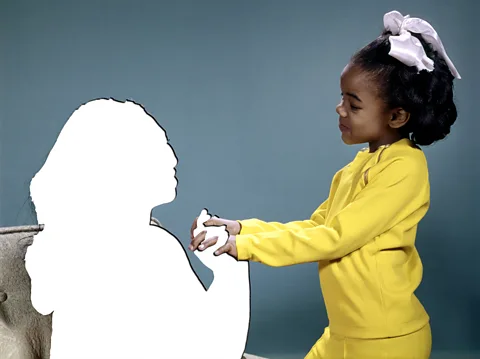
Coleman and Pillemer say emotional abuse is a complex term and one that can be misused. Sometimes an adult child may have a mental illness or substance abuse problem that makes them rewrite their entire childhood history in a way that unfairly casts their supportive parents as abusive villains, says Coleman. But it is important not to disregard the effect that genuine emotional abuse can have on those who experience it.
Norms for healthy parenting also change continuously, he adds. What's considered emotionally abusive or neglectful today may not have been considered so in the past. For example, parents today often try to recognise and support their child's mental illness. But 40 years ago, the public's understanding of mental health issues was arguably far more limited than it is today.
Clearly, some people feel that cutting ties with their parents is sometimes necessary. But how much do we actually owe them?
"I'm torn," says philosopher Christopher Cowley from University College Dublin, when asked hypothetically whether we owe our parents a lifelong relationship. "In one sense, I owe my parents everything in the literal, metaphysical and existential sense. But clearly, if I have survived some awful parental abuse, then presumably that means I have no further duty." An ideal relationship between parent and adult child, he says, would resemble a friendship.
When we are children, the power and the responsibility of the relationship lies entirely with our parents. But this changes as we get older. Teenagers often need to blame and criticise their parents in a natural process of distancing, explains Cowley. "But once you become a full adult you cannot blame all your problems on your parents," he argues. And at some point, our parents become very old and vulnerable. Then, he says, we may want to show a bit more patience and mercy.
When we judge our own failures, we often blame external circumstances rather than ourselves. If we miss a deadline, for example, we might argue we weren't given enough time or claim that the (proverbial) dog ate our homework. But we're not always as understanding of other people. So, if we want to be fair to our parents, we should consider their external circumstances, too. Could a lack of knowledge, mental illness, trauma or poor finances have contributed to their bad parenting?
Pillemer recalls interviewing a mother and her estranged son. They hadn't seen each other for roughly 25 years. Of the mother, he says, "her husband had abandoned her in the early 1960s, and there were few options for women. So she remarried a guy who wasn't great but not abusive," he adds. "The son resented her for it, but she felt that her family needed protection, which he eventually came to have some understanding for."
Coleman, meanwhile, says that he sometimes encounters an adult child of a single mother who raised them without any paternal support. "And the kid says, 'You were gone too much at work and I felt neglected'," says Coleman. "And on the one hand, the parent should have empathy with that. But the kid should also have empathy that they worked two jobs to raise them."
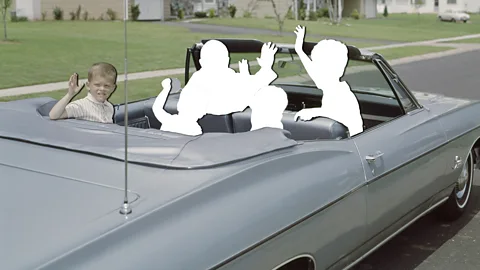
Trying to understand our parents' behaviour may give us peace of mind. It may make us realise that not all of it was wicked or intentional, which could take some of the pain away. That doesn't mean we have to forgive them, or even have a relationship with them. But by gaining clarity, we may neutralise the sinister power of the murky past. Thinking this way may also remove some of the pressure from us if we, too, become parents.
Cowley suggests we keep in mind the lifelong psychological effects of estrangement before we cut someone out of our lives. Would it still feel right if the parent died? "You can't control what you're haunted by," he argues.
For some people, it may be better to keep some lines of communication open as that at least leaves open the possibility of a further conversation. Should we cut ties indefinitely, we may spend the rest of our lives struggling to understand what happened.
Finally, you may want to use a tactic put forward in the Bible, and also by the philosopher Emmanuel Kant: to treat others as we would like to be treated ourselves. Imagine yourself in the future, says Cowley. How would you feel if your adult child suddenly turned around and said your parenting was poor, based on their modern standards? It's easy to think we'll never make the same mistake our parents did, says Pillemer, "but we'll make other mistakes".
A final thing to consider: are your memories of childhood entirely accurate? The human memory is fallible, and we often misremember things or make up entirely false memories, especially as adults.
This can help us remove clashing narratives about ourselves. Say, for example, that you considered yourself an extrovert. Your memories may be full of people and the social events that you have enjoyed. If you later decide you are an introvert, however, your memories might change – you'll remember more strongly the times you were alone or felt uncomfortable in social situations.
The same can be true for memories of our parents – as well as their memories of us. This might be one reason why some opt for estrangement. Coleman says many people find it stressful to have ambivalent or conflicting memories about their parents. By cutting ties, those people realise they no longer need to feel that way – they embrace the bad and erase the good.
Perhaps the most important question, however, is whether cutting ties will actually make us happy. For many people, it does. "Surveys show that adult children often say that they feel happier and less stressed out as a result," says Coleman. "They feel like it was a good decision, whatever shame or guilt they feel. Whereas for the parents it's the opposite. It's all heartbreak, sadness and confusion."
But in other cases, the severing of that relationship creates its own problems.
"Estrangement can be so isolating," says Blake, who has found that many adult estranged children struggle, especially during holidays when families traditionally spend a lot of time together. So, if you are serious about cutting ties with your parents, prepare by ensuring you have a support network around you, she advises.
In Pillemer's research, only about a quarter of people weren't bothered by their estrangement. He says it was rather common for people to start the interview by saying they were happy with their decision, but later on admit they felt sad and that things were unresolved. Many also feared regretting their decision."When estranging, I am cutting off the branch I'm sitting on," explains Cowley. "I think it harms the adult child to lose touch with where they come from."
Cowley, Pillemer and Coleman all say that, if you really can't stand having a relationship with your parents, you should start by distancing yourself for a limited period. "I'm dealing with heartbroken parents every day who have been estranged for years and they feel suicidal," says Coleman, who recommends that adult children who opt for estrangement check back in with their parents after a year. "Sometimes, that time is enough to wake up a parent."
Because parents often invest more time, money and effort in the relationship, estrangement is a bigger deal for them, meaning they typically need make the effort to fix the relationship.
Reconciliation is possible. The 2022 study of 8,500 people in the US estimated that 62% of people who were estranged from their mothers and 44% who were estranged from their fathers reconciled, at least for some time over a 10 year period.
That's what happened to Sarah, who currently has some limited contact with her mother. She is getting old, says Sarah, and "had a quite tough life", with periods of significant mental illness. "I feel a little sorry for her," Sarah says.
Parents don't owe their children a perfect childhood. And children don't owe their parents eternal gratitude. Perhaps what they do owe each other, though, is empathy, self-reflection and a willingness to listen.
--
Source: BBC








